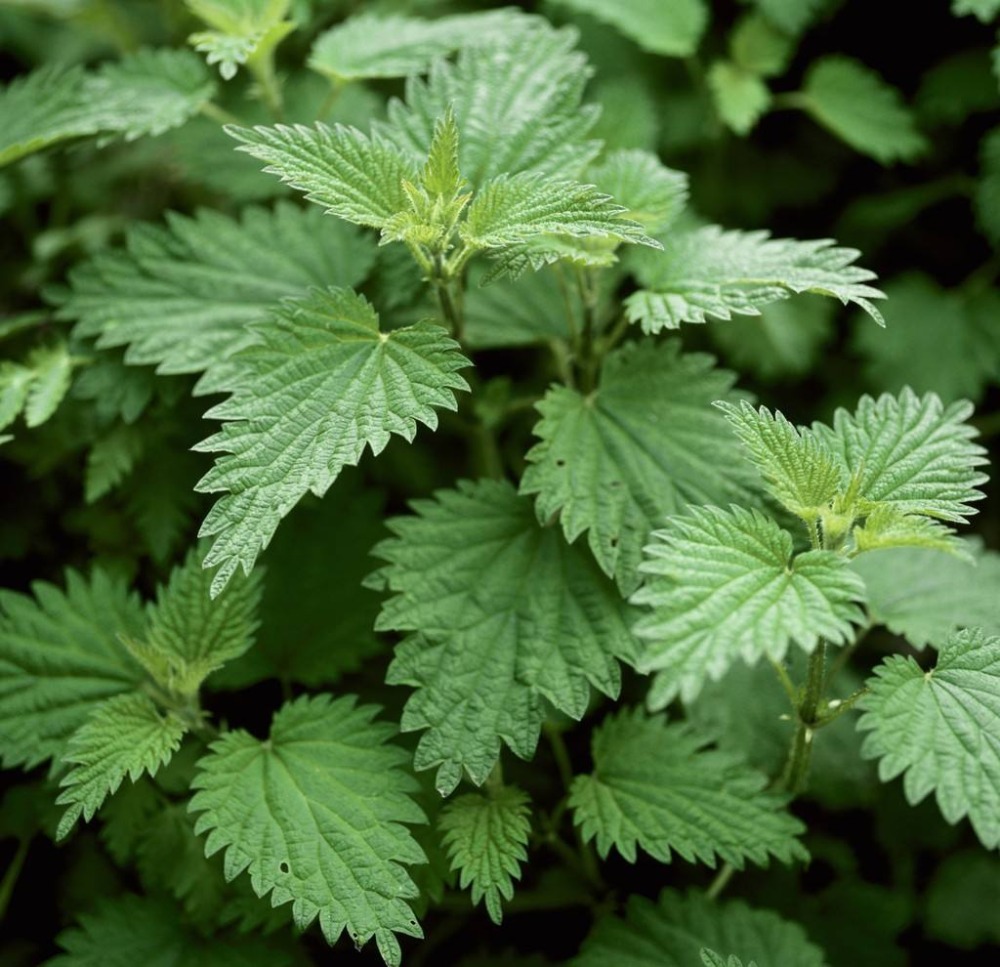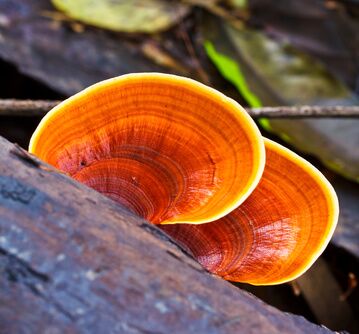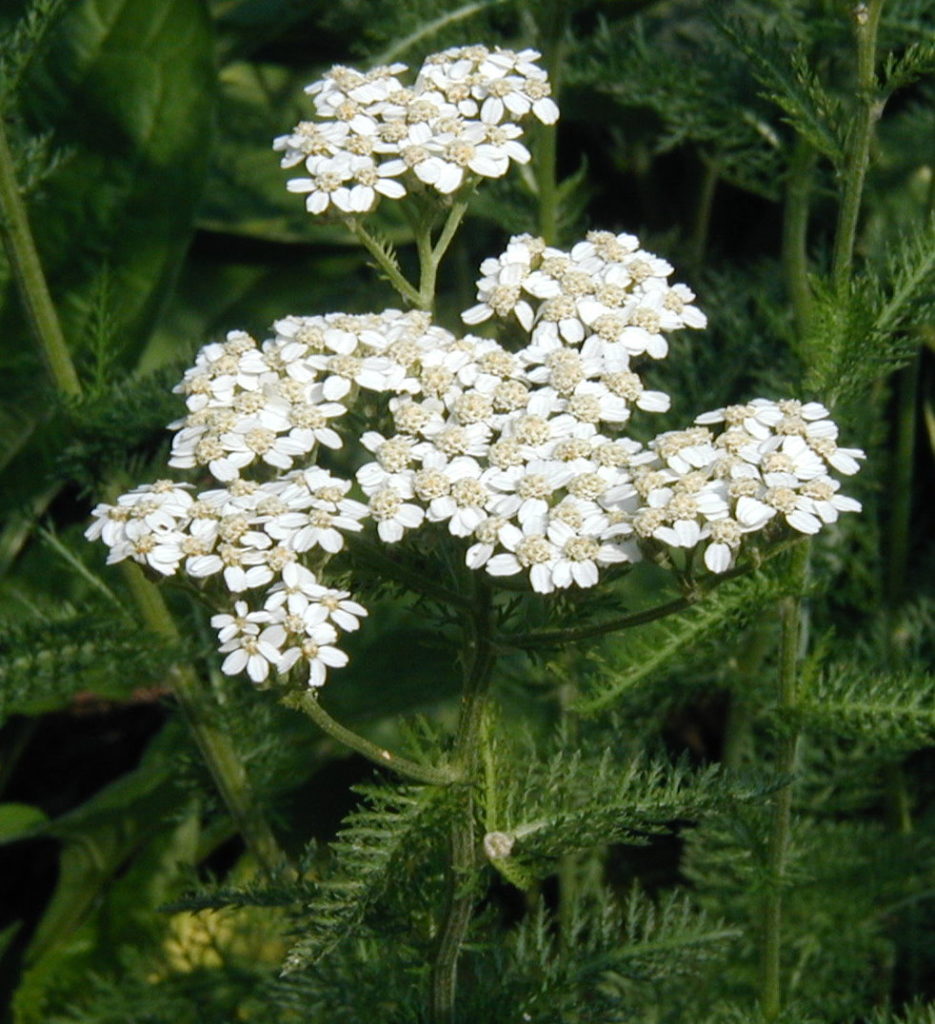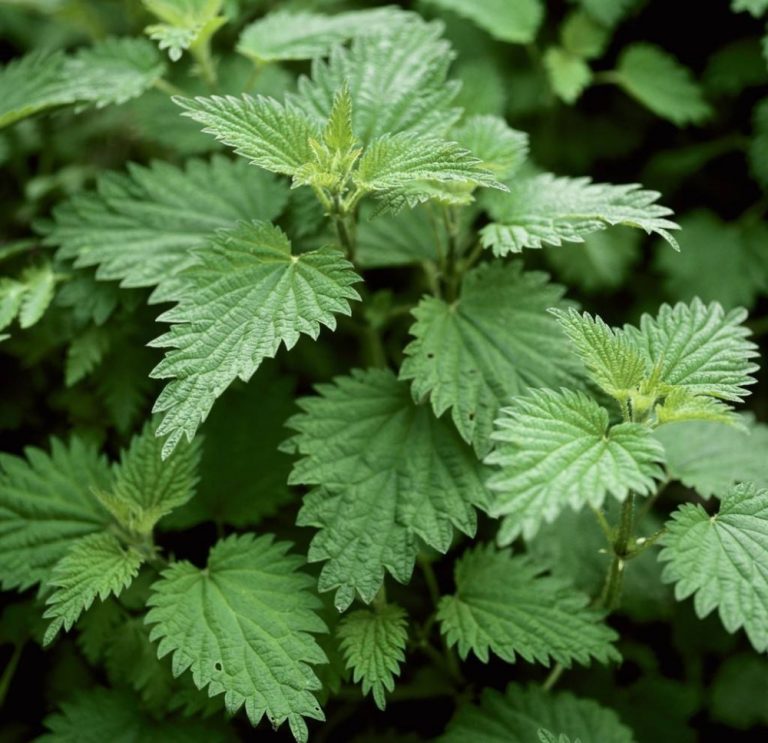Allergy season has begun. We wondered if spring would ever come, and now that it has, I’m trying to be grateful while sneezing and blowing my nose.
Also known as hay fever, or rhinitis, spring allergies can range from annoying to debilitating, and for me it varies from year to year. Fortunately, herbal remedies can be a big help.
Allergies happen when your immune system responds to something, like tree pollen, dust, or cat dander, as if it were a dangerous pathogen like a virus. The result? Runny nose, itchy eyes, coughing, sneezing, wheezing or tightness in the lungs, and mental and/or physical fatigue.
We can treat allergies with a few different approaches
- Calm the immune system and reduce the histamine response. Herbal allies: Reishi, Cordyceps, Nettles
- Treat individual symptoms such as congestion, runny nose, cough. Herbal allies: Yarrow, Goldenrod, Bayberry
- Support and tone the respiratory system, and prevent secondary infection. Herbal allies: Astragalus, Lemon Balm, Holy Basil
Classic Herbs for Allergies

Stinging Nettle, Urtica dioca, is probably the first herb that comes to mind for allergies. This sturdy green plant is an herbalist’s best friend, and has more uses than I can count. For allergies, Nettles is anti-inflammatory, anti-histamine, and a respiratory tonic. Taken as a preventative it can reduce the strength of allergic reactions or even prevent them altogether. Its astringent and expectorant qualities help prevent mucus build-up in the lungs, which may reduce secondary infections like bronchitis or sinusitis. Nettle is such a powerful tonic herb that I recommend it year-round for a number of conditions, but it is especially important in the spring and fall for the changing seasons.

Reishi, Ganoderma lucidum, is a medicinal mushroom used frequently in Traditional Chinese Medicine, and is becoming more popular here in the West. Easy to grow, this beautiful red mushroom is used as an anti-inflammatory, an immune regulator, and shows some potential anti-cancer effects. For allergy sufferers, the anti-inflammatory properties help reduce discomfort, and the immune effects support a healthier immune response to allergens. Personally, I find that taking medicinal mushrooms along with Nettles improves the function of both, reducing allergic reactions and calming symptoms.

Yarrow, Achillea millefolium, is a strong astringent herb with an affinity for the respiratory system. It reduces mucus, tones capillaries (preventing and treating nosebleeds), and acts as an expectorant. The herb that got Smile owner Tom Wolfe started as an herbalist, Yarrow is unsurpassed for deep coughs and stubborn mucus. As it is drying, it’s perfect for that endlessly runny nose that can come with allergies, and can ease watery eyes very much like the better-known Eyebright does.
A few dietary and lifestyle tips
- A mucus-reducing diet can be very helpful with seasonal allergies. Keep it simple. Reduce fried and oily foods, refined sugar, dairy, and nut butters. Increase high-fiber foods—leafy greens, fresh fruit and vegetables, whole grains—as well as beans and lean proteins.
- Make sure you drink plenty of water, and get some light exercise to support lymph circulation
- Avoid anything that will increase inflammation, such as sugar, fried foods, alchohol, coffee, fatty meat, or members of the nightshade family (tomatoes, eggplant, tobacco)
If your allergies are severe, you may need to consult with a clincal herbalist to get the right regimen for you, it’s all about finding balance! I hope this article will get you started in the right direction for a symptom-free spring.
Enjoy the sunshine!
PS: If you’re struggling with mental fatigue, check out my post on Brain Fog and Allergies here.
For More Information:
Mt. Sinai: Stinging Nettle Information
Suppression of inflammatory and allergic responses by pharmacologically potent fungus Ganoderma lucidum
Dr. Christopher Hobbs: Yarrow
The post Spring Allergies Are Here Again appeared first on Smile Herb School.

